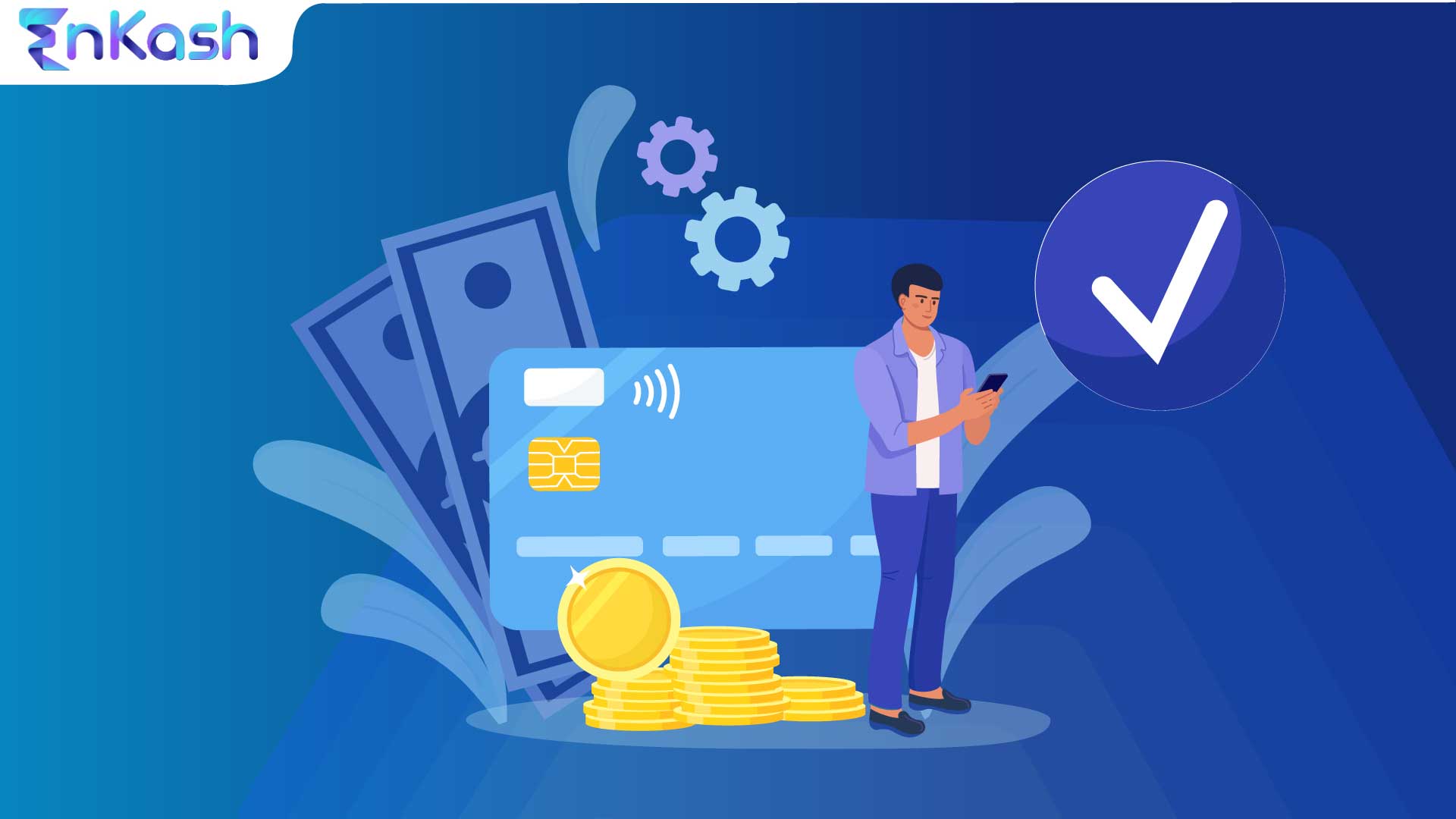What is e-Mandate? How does it work?
In the present times of cutting-edge technology, businesses want to advance by streamlining their processes including payment collections from customers. Businesses intend to automate their collection processes and manage their cash flow efficiently.
What is an e-Mandate?
The RBI and NPCI introduced an e-mandate service in 2018 to make recurring payment collection easier for businesses. eMandate is a digital payment service where individuals or customers give their consent digitally to businesses to deduct recurring payments directly from their bank accounts.
A mandate is a standing instruction from an individual to their issuing bank allowing them to automatically debit the amount required from their bank account.
eMandate can be used for recurring payments like insurance premiums, SIPs, loan installment collections, etc.
How does e-Mandate work?
These are the steps involved in setting an e-mandate:
- A customer who wants to make recurring payments like insurance premiums has to raise a request for a recurring mandate
- The business collecting this payment further sends this request to their portal
- Customer then gives the authorization via net banking or debit card details
- These payment method details are sent to the sponsor bank which further sends them to the NPCI
- NPCI forwards this request to the issuing bank
- The issuing bank accepts the request and shares the status with NPCI
- This status is further shared with the sponsor bank. It is further sent to EnKash who informs the business
- EnKash activates the mandate
What is the eligibility criteria for eMandate?
For businesses to be eligible for an E-Mandate, they need to fulfill the following criteria:
Type of Business: The eligibility criteria may vary depending on the business type. Usually, businesses involved in subscriptions and services have higher chances of being eligible for an eMandate.
Operational Status: A business needs to be operational with a registered office in place to be eligible for an E-Mandate.
Bank Account: The business needs to have a functioning business bank account with the e-Mandate service provider.
Regulatory Compliance: The business needs to comply with regulatory and legal requirements as per industry standards.
Customer Consent: Businesses need to obtain digital consent from customers for recurring payments through e-mandates.
Documentation: The business needs to provide business registration proof and identification documents to be eligible for electronic mandate.
What are the features of an eMandate?
Digital Authorization: E-Mandate enables businesses to electronically capture and store customer authorizations along with their consent for recurring payments. This eliminates paperwork.
Automation: eMandate leverages automation to streamline processes including workflow approval for verification and execution of the authorized action.
Easy Integration: E-Mandate solutions easily integrate with payment gateways ensuring a smooth flow of information between the business, financial institutions, and the payment processor.
Flexible Payments: Businesses can set flexible payment schedules based on user preferences or subscription terms.
Transparency: After the successful execution of an eMandate, users will get a notification for confirmation establishing transparency and giving confidence to the user.
What are the benefits of an E-Mandate?
Processing Time: E-mandate reduces the processing time by streamlining recurring payments and efficient.
Cost Efficient: With the help of e-Mandate, businesses can save their cost by managing paper-based processes and reducing manual operational costs.
Enhanced Security: e-Mandate provides robust security measures like encryption and authentication protocols. Digital signatures and secure channels contribute to secure transactions.
User Friendly: e-Mandate auto-debits recurring payments giving a smooth experience to the user by eliminating the hassles of reminders and late penalty charges.
Industries where e-Mandate is used
Banking and Financial Services: E-mandates are used in financial institutions for recurring payments, electronic fund transfers, and direct debits.
Insurance: Insurance companies often use eMandate to auto-debit premium amounts for the policy renewal process.
Lending Industry: For loan repayment, businesses help their customers set up an eMandate functionality that ensures monthly payments.
Investment Platforms: Businesses providing investment instruments auto-debit the amount post authorization from the user.
CSR/Donations: NGOs have started using eMandates enabling businesses to set auto-debit feature for their monthly donations and CSR related activities.
FAQs
Q. How are e-NACH and e-mandates correlated?
eNACH (Electronic National Automated Clearing House) is an API-based system facilitating emandates to automate recurring payments.
Q. How are e-mandates different from ECS?
ECS or Electronic Clearing Service involves physical mandates and automated clearing processes for regular payments. However, E-Mandates are API-based digital authorizations for recurring payments.
Q. What happens to e-mandates if the linked bank account has an insufficient balance?
Insufficient funds in a linked bank account for e-mandates can result in failed transactions, potential fees, notifications to the account holder, and the need for payment updates.













